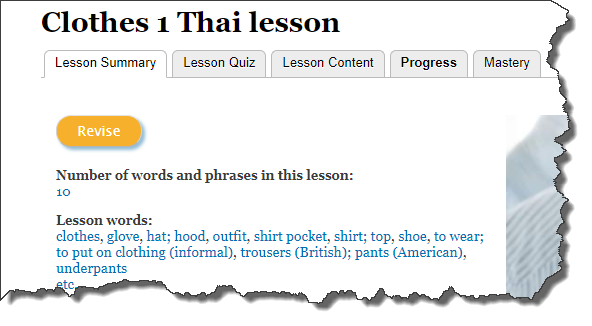8 differences between Lingopolo and Duolingo
1. Lingopolo is a non-profit
Lingopolo is a non-profit, whose aim is to bring the best language-learning to the world for free.
Duolingo is a company, whose principal aim is to make a profit.
2. Lingopolo has tens of thousands of dollars investment
Lingopolo has currently had a tens of thousands of dollars spent on it.
Duolingo has received $108 million dollars of investment and is worth around $700 million.




